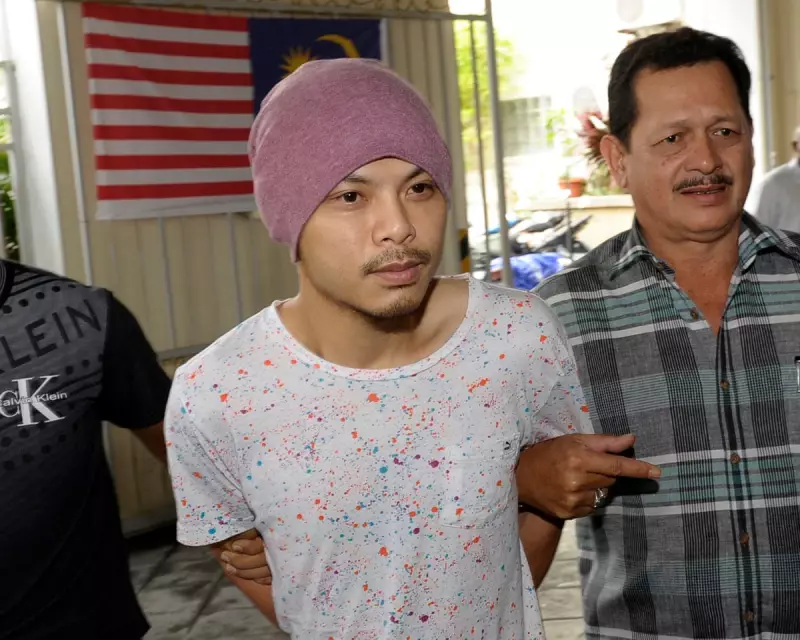
In a development that has captured international attention, controversial Malaysian rapper and filmmaker Namewee has been arrested following allegations connected to Taiwanese influencer Hsieh Yu-hsin. The case has ignited debates about artistic expression, political sensitivities, and the complex dynamics of cross-strait relations.
The Arrest That Shook the Entertainment World
Namewee, whose real name is Wee Meng Chee, was taken into custody by Malaysian authorities after complaints were filed regarding his alleged involvement with Hsieh Yu-hsin. The arrest has sent shockwaves through the Asian entertainment industry, where both figures maintain significant followings and controversial reputations.
A History of Provocative Content
The Malaysian artist is no stranger to controversy, having built a career on pushing boundaries with his music and films. His previous works have frequently tackled sensitive social and political issues, drawing both praise and condemnation from different quarters.
Meanwhile, Hsieh Yu-hsin has established herself as a prominent Taiwanese influencer with substantial digital reach. The nature of their alleged connection remains unclear, though sources suggest it may involve collaborative content that authorities deemed problematic.
International Ramifications
This case arrives at a particularly sensitive time in regional politics, with tensions between Malaysia, Taiwan, and China frequently making headlines. The arrest has prompted discussions about:
- Artistic freedom versus legal boundaries
- Cross-strait sensitivities in creative works
- Government responses to controversial content
- International implications for artists working across borders
Industry Reactions and Public Response
Fellow artists and free speech advocates have expressed concern over the arrest, while some political commentators have supported the authorities' actions. Social media platforms have become battlegrounds for competing viewpoints, with hashtags related to the case trending across multiple Asian countries.
Legal experts suggest the case could set important precedents for how similar situations are handled in the future, particularly regarding international collaborations between artists from different political jurisdictions.
As the legal process unfolds, the entertainment world watches closely, aware that the outcome could have far-reaching consequences for creative expression throughout the region.





